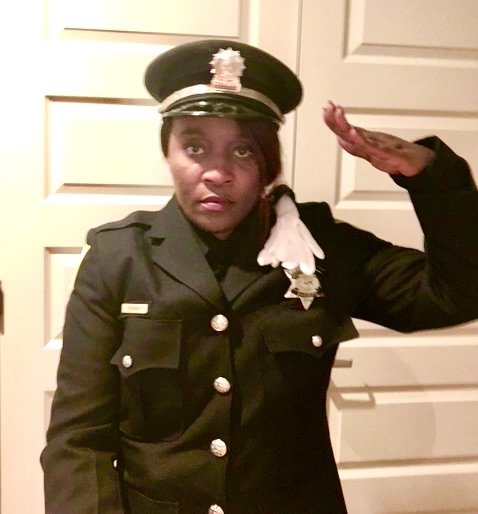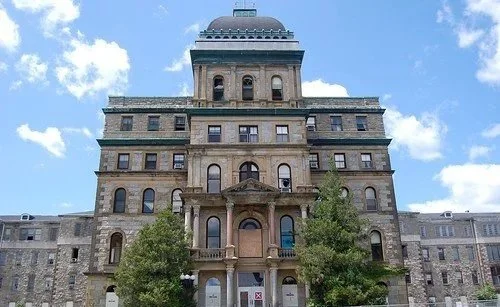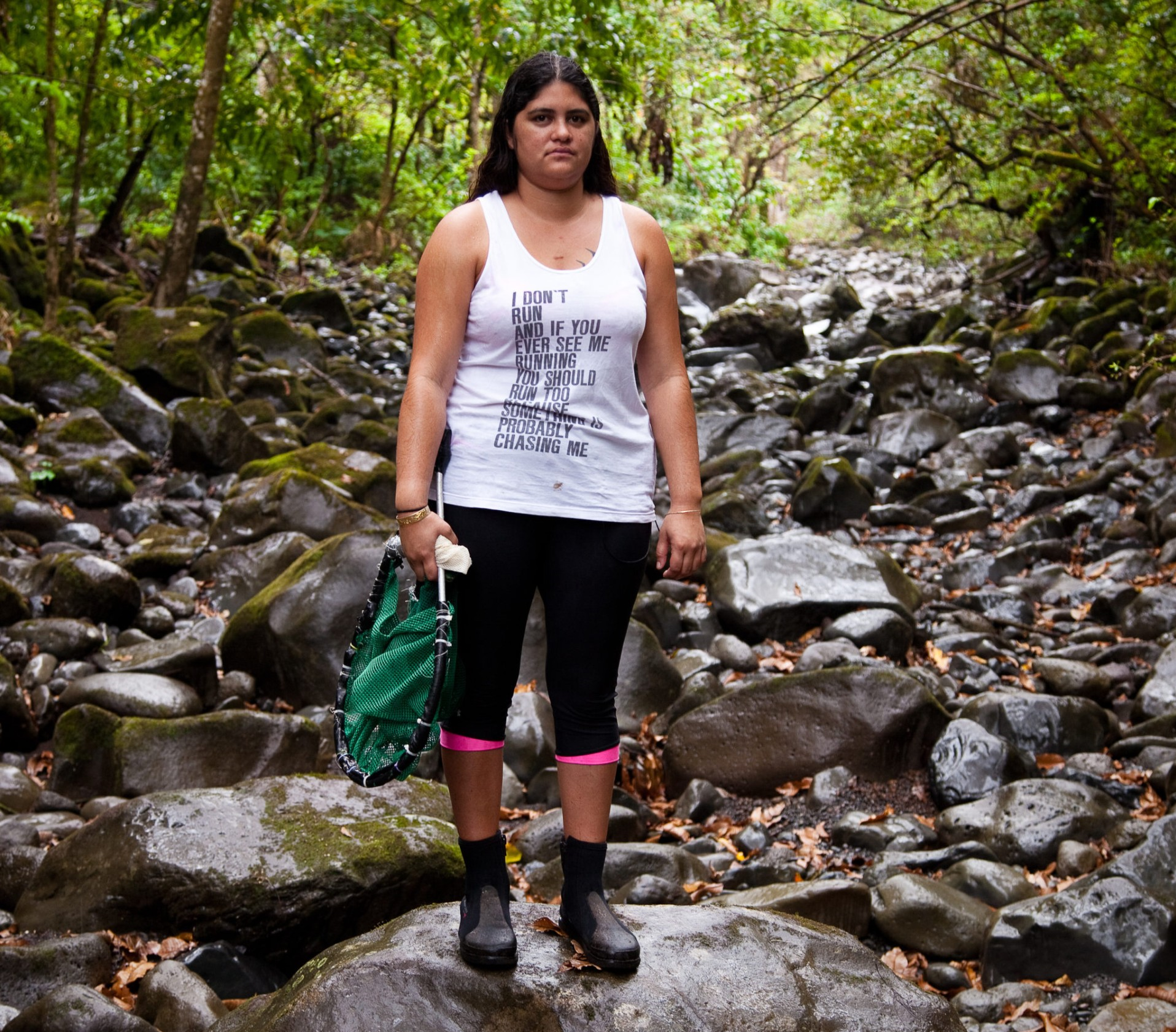Systems Not Symptoms - Impact Fund Grant Program Tackles Racial Injustice Head On
Amy Daniewicz, Grant Program Director
All of us at the Impact Fund stand in solidarity with all who grieve for George Floyd, Breonna Taylor, Ahmaud Arbery, and too many other Black men and women who have lost their lives due to police brutality. We recognize that police brutality is the fruit of centuries of dehumanization of Black people, and we support those calling for an end to racial injustice and demanding reform of the criminal justice system.
Michael Harris, Impact Fund Grant Advisory Committee member, who wrote about structural racism for this blog in 2016, said, “While we are a small funder, we are in complete solidarity with the movement to end the killing of unarmed Black men by police, as well as all other police brutality.
“The whole system must now come down.” - Michael Harris, Grant Advisory Committee Member
He continues: “That the list of names of men, women, and children who have been so killed is so long that it would take up more than a whole page is a commentary on how police have been protected from accountability, at least until now. They have been protected by police unions who block the imposition of discipline. They have been protected by politicians who want to be seen as ‘tough on crime’ and pass laws that make it next to impossible for the public to find out which officers are engaging in brutality against people. And they are protected by the courts that make up rules like ‘qualified immunity’ that let police off the hook when brought to court. We recognize that the police function as part of the system that has been called the criminal justice system, they are but one part. That whole system is what gave us mass incarceration. And the whole system now must come down.”
We are honored to provide financial support to impact litigation challenging injustices that harm Black communities across America. We recognize our responsibility to listen, learn, and engage in anti-racist action and to encourage other funders to do the same. We acknowledge our power as a funder and believe this can and must be leveraged for our grantees to address racial injustice. Below are several examples of community-centered litigation for systemic change, which we have been proud to support:
St. Louis City’s Medium Security Institution (MSI) infamously inherited the name “the Workhouse” as detainees in earlier versions of the jail were sentenced to forced labor when they could not afford to pay their fines.
In St. Louis, Missouri, ArchCity Defenders is representing a class of incarcerated individuals in a lawsuit against the city for the inhumane conditions in a jail known as the “Workhouse.” Frequently reported conditions include rodent and insect infestation, mold, and overflowing sewage; 98% of detainees have not been convicted of any crime, and 84% are Black.
In Chicago, Illinois, the Chicago Lawyers' Committee for Civil Rights fought to reform a system that over-assessed the value of properties in low-income communities of color, illegally shifting property tax burdens to them. The litigation resulted in an agreement that included significant reforms that have improved the accuracy, uniformity, and transparency of the assessment model.
In Baton Rouge, Louisiana, lawyer William Most represents 13 peaceful protesters and 2 journalists who were arrested, injured, and imprisoned by Baton Rouge law enforcement after the police shooting of Alton Sterling. The protesters include a 17-year-old girl who was put in an adult prison with male inmates, and a woman who, as a result of her arrest, was separated from her children, including a five-year-old who was put into state care.
In Fresno, California, the Leadership Counsel for Justice & Accountability is challenging Fresno County’s failure to act to address the need for affordable housing for low-income households and farmworkers in their community, as well as its failure to address the critical infrastructure and service needs of disadvantaged unincorporated communities. While the case is ongoing, the Court has already ordered the county to come into compliance with state housing and planning laws by implementing its plans and policies for affordable housing and by adopting a plan to address water, wastewater, stormwater drainage, and other needs of disadvantaged communities.
In Birmingham, Alabama, Gasp exposed environmental racism through a case fighting toxic, cancer-causing coal emissions in a low-income community located near a coal processing facility. The community living within 5 miles of the facility is 78% to 98.5% African American, and the annual household income is between $14,000 and $24,000.
In Birmingham, Alabama, the members of Gasp are organizing to challenge environmental racism.
In Fort Myers, Florida, the Miami Law Environmental Justice Clinic sued the city for maintaining an open dump in a predominately African-American neighborhood, where more than one-third of residents live below the poverty line. The city dumped 25,000 cubic yards of sludge on the site, in some places 10-feet deep, contaminating the local wells with arsenic. For more than 50 years, the sludge remained onsite with unrestricted access for children and no signage.
In St. James Parish, Louisiana, the Center for Biological Diversity is challenging a state pollution permit for a massive, toxic plastic factory in a region known as “Cancer Alley.” In the neighborhoods within a one-mile radius of the factory, 100% of the community members are Black, the average per capita income is less than $21,000, and residents are in the 99th percentile for the risk of cancer caused by air toxins.
The residents of “Cancer Alley” organize for change.
We are humbled by the determination and courage of the communities and the attorneys behind every one of these cases, and grateful to stand in solidarity with them. We encourage requests for funding from new cases engaged in this fight.
Thank you to Linda Gordon, Grant Program Coordinator, for her substantial assistance in creating this blog post.
Click here to find out if your lawsuit qualifies for an Impact Fund grant, and click here to start the application process. Our next letter of inquiry deadline is July 14. Feel free to reach out to grants@impactfund.org with any questions.
















